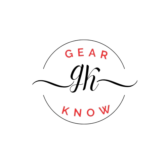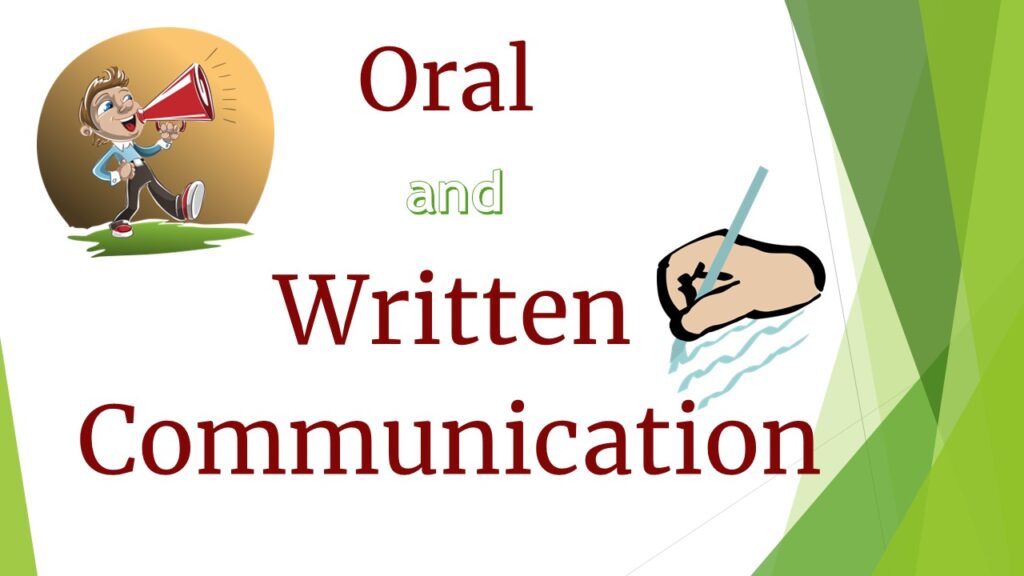In today’s fast-paced world, effective communication is essential for success in both personal and professional spheres. This article explores the importance of oral and written communication and provides practical tips for mastering this essential skill.
Introduction:
Effective communication is a fundamental aspect of human interaction. Whether you are trying to persuade a client to buy your product, negotiate a contract, or simply convey your thoughts and emotions to someone, your ability to communicate effectively can make all the difference. Oral and written communication are two essential forms of communication that are used in almost every aspect of life. While both forms of communication are important, they require different skills and techniques. In this article, we will explore the importance of oral and written communication, provide tips for improving your communication skills, and answer some frequently asked questions about this essential skill.
The Importance of Oral and Written Communication
Oral Communication
Oral communication is the process of conveying information through spoken words. It can take many forms, including face-to-face conversations, phone calls, video conferences, and presentations. Oral communication is essential in many situations, including:
1.Job interviews:
A job interview is an excellent example of how oral communication can make or break your chances of success. Employers are not only looking for candidates with the right qualifications, but they are also looking for candidates who can communicate effectively.
2. Sales and marketing:
If you work in sales or marketing, you know that effective oral communication is critical for persuading customers to buy your product or service. You need to be able to explain the features and benefits of your product clearly and convincingly.
3. Team meetings:
In a team setting, effective oral communication is essential for collaboration and problem-solving. You need to be able to express your ideas clearly and listen to the ideas of others.
Written Communication
Written communication is the process of conveying information through written words. It can take many forms, including emails, memos, reports, and social media posts. Written communication is essential in many situations, including:
1. Job applications:
When you apply for a job, your resume and cover letter are your first introduction to a potential employer. These documents need to be well-written, professional, and persuasive.
2. Business communication:
In the business world, written communication is essential for sending and receiving messages, proposals, contracts, and other important documents. You need to be able to write clearly and concisely to avoid misunderstandings.
3. Social media:
In today’s digital age, social media is a powerful tool for communication. Whether you are promoting your brand or expressing your opinion, you need to be able to write effectively to connect with your audience.
Tips for Improving Your Oral and Written Communication Skills
Tips for Oral Communication
1.Prepare:
Before you speak, take some time to prepare what you want to say. Think about your audience, the message you want to convey, and the best way to deliver it.
2. Be clear and concise:
When you speak, be clear and concise. Avoid using jargon or technical terms that your audience may not understand.
3. Listen actively:
Effective communication is not just about speaking; it’s also about listening. Listen actively to what others are saying and respond appropriately.
4. Use body language:
Your body language can convey as much information as your words. Use gestures, facial expressions, and posture to emphasize your message.
5. Practice:
Like any skill, effective oral communication takes practice. Take opportunities to speak in public, participate in debates, and give presentations.
Tips for Written Communication
1. Plan your message:
Before you write, take some time to plan your message. Identify your audience
2. ![]() Be clear and concise:
Be clear and concise:
3. Use proper grammar and spelling:
Proper grammar and spelling are essential for clear and effective written communication. Make sure to proofread your work and use spellcheck if necessary.
4. Know your tone:
The tone of your writing can have a significant impact on how your message is received. Be mindful of the tone you use and make sure it is appropriate for your audience and the situation.
5. Edit and revise:
Once you have written your message, take some time to edit and revise it. Make sure your message is well-organized, easy to read, and free from errors.
Frequently Asked Questions About Oral and Written Communication
1. Why is oral communication important?
Ans. Oral communication is important because it allows people to exchange information and ideas in real-time. It is also a valuable tool for building relationships and establishing trust.
2. Why is written communication important?
Ans. Written communication is important because it allows people to communicate complex ideas and information over long distances and time periods. It is also a valuable tool for documentation and record-keeping.
3. What are the common barriers to effective communication?
Ans. Common barriers to effective communication include:
a. Language barriers: When people speak different languages or have different levels of proficiency in a shared language, communication can be difficult.
b. Cultural barriers: Cultural differences in communication styles, values, and expectations can also create barriers to effective communication.
c. Physical barriers: Physical barriers, such as distance or noise, can make it difficult to communicate effectively.
d. Emotional barriers: Emotional barriers, such as fear or anxiety, can also make it difficult for people to communicate effectively.
Conclusion
Effective communication is an essential skill in today’s fast-paced world. Whether you are communicating orally or in writing, it’s important to be clear, concise, and mindful of your audience and the situation. By following the tips outlined in this article, you can improve your communication skills and achieve greater success in both your personal and professional life. Remember, effective communication is not just about speaking or writing; it’s also about listening, understanding, and connecting with others.

